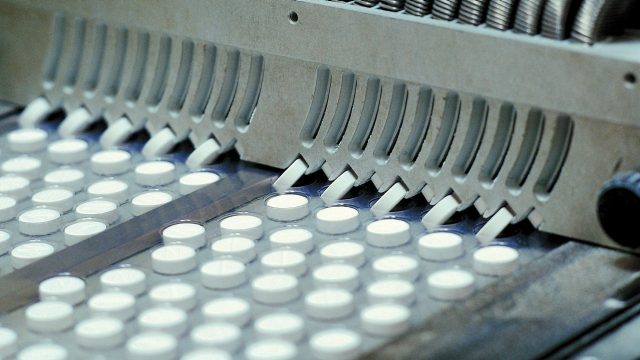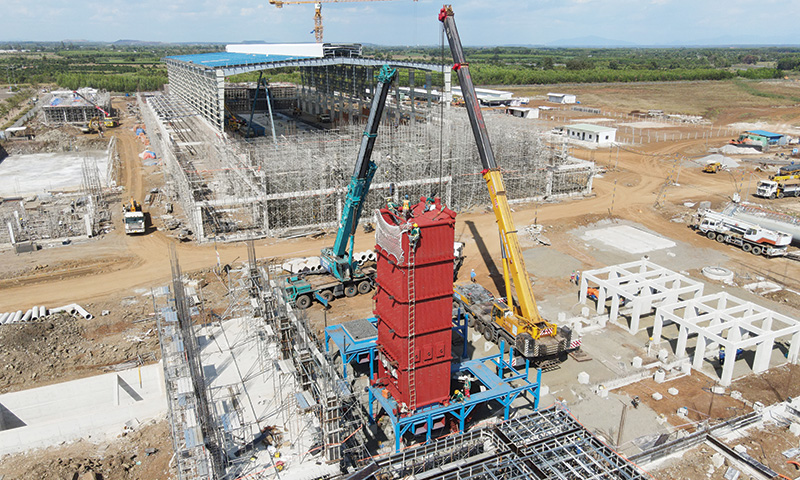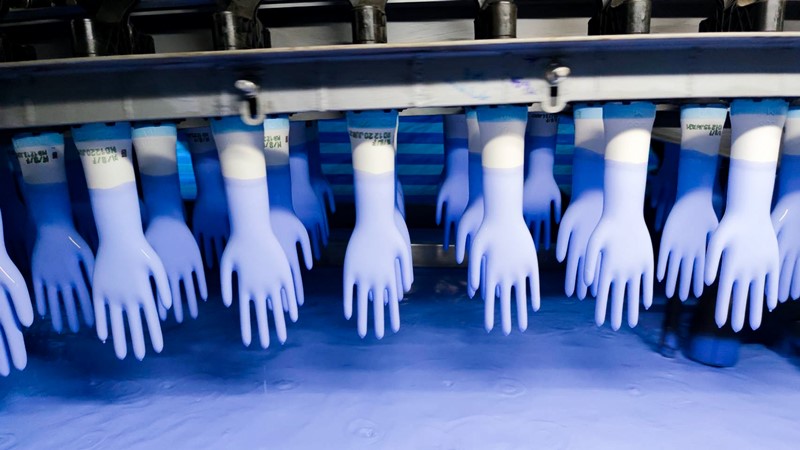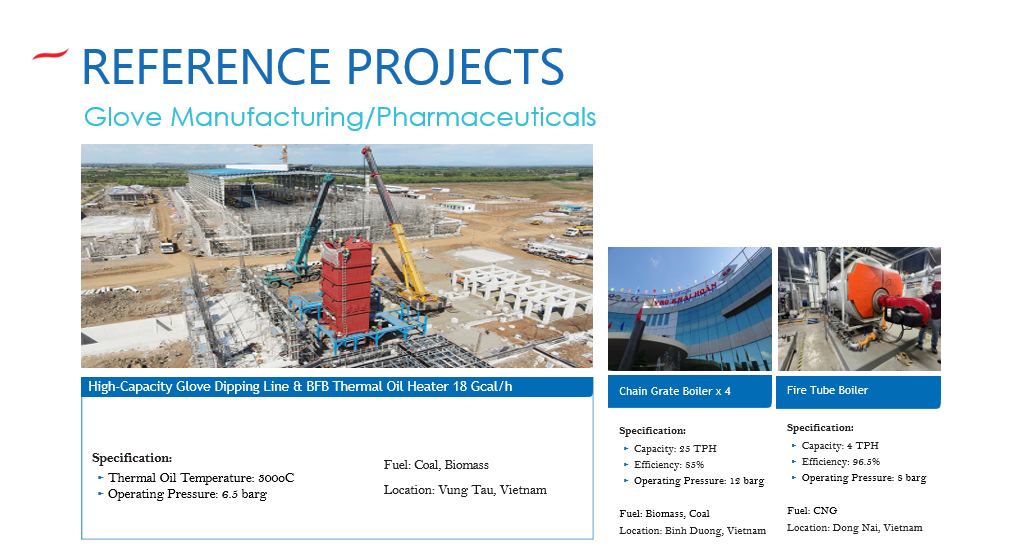Medical glove & pharmaceutical manufacturing
1. Overview of Medical glove & Pharmaceutical manufacturing
The medical glove and pharmaceutical manufacturing industry play a crucial role in maintaining community health and providing effective healthcare solutions.
In particular, medical gloves serve as a type of personal protective equipment. With characteristics such as being lightweight, durable, and thin, the product is widely used in healthcare, manufacturing, food, and some other light industries such as painting. Medical gloves help users avoid direct contact with harmful agents and are one of the preventive measures against infection and transmission in the healthcare environment.
Alongside the manufacturing of gloves, the pharmaceutical industry is also a cornerstone in the healthcare system, introducing various drugs and a diverse range of healthcare products to the market. The research and development processes in this industry demand substantial investment to ensure the effectiveness and safety of products. Particularly, pharmaceutical enterprises must strictly adhere to stringent regulations set by regulatory bodies such as the FDA to guarantee the quality and safety of products before they are brought to the market.

The pharmaceutical industry demands a high level of precision in the manufacturing process
In the current context, as the world grapples with various health challenges, the medical glove and pharmaceutical manufacturing industries need to meet an ever-increasing demand. To overcome this challenge, investing in a reliable thermal energy supply system in the manufacturing process becomes crucial, ensuring a stable and sustainable source.
2. Applications of boilers in medical glove and pharmaceutical manufacturing
First, let's explore the process of manufacturing medical gloves in the illustrated diagram below:

In this process, thermal energy is utilized to provide the necessary temperature for various stages of production, specifically:
- Facilitating Softening and Processing of Raw Materials: Natural rubber needs to undergo a softening and processing phase to create the final product with the desired elasticity, softness, and flexibility. Boilers provide the necessary temperature for this process, helping to produce rubber with the quality and medical properties desired.
- Vulcanizing Rubber: Boilers supply the required temperature and pressure for this process, enhancing the durability and elasticity of the material, making gloves resistant to fire, chemicals, and heat.
- Shaping and Cooling the Product After Processing: Achieving the desired stiffness, size, and final shape of the gloves without causing defects like air bubbles is done through high-temperature shaping and subsequent cooling.
- Processing Auxiliary Materials essential for the production of medical gloves, such as additives, processing chemicals, and other components.
In addition to steam boilers, thermal oil heaters are currently favored in the glove manufacturing industry due to various advantages that align with the production process. Thermal oil systems can maintain a stable temperature, are easily and precisely controllable, and do not generate steam, ensuring stability during operations.
Moreover, thermal oil helps prevent the formation of deposits and metal corrosion, reducing the risk of leakage and ensuring sustainability for the system. The high heat resistance of thermal oil heaters is particularly suitable for the glove manufacturing process, where elevated temperatures are required without compromising pressure and the uniformity of the product.

The steam boiler system with 85% efficiency, installed by Martech, contributes to the operations of the S&S Glove medical glove manufacturing plant
In the pharmaceutical industry, boilers play multiple crucial roles and often need to achieve high precision. The manufacturing and processing of pharmaceuticals require extremely accurate temperature and pressure conditions to ensure the quality, safety, and performance of the products.
During the manufacturing process, boilers provide hot water and steam at the appropriate temperature and pressure to:
- Sterilize raw materials at high temperatures.
- Clean and thoroughly wash components and equipment related to the production process.
- Dry to remove moisture from products and materials.
- Cool products after heat treatments.
- Form particles, coat, and encapsulate.
- Sterilize machinery using pure steam.
3. Martech's project


